Mr Aidan O’Reilly, interim Secretary General of the IHCA, outlines its concerns about the introduction of physician associates into the health service
In July, the HSE circulated for consultation purposes a draft guidance document on the role of the physician associate (PA). The document is intended as a guide for clinical sites and sets out details of the PA’s ‘day one’ scope of practice. It also covers other aspects of the role including educational, regulatory, and supervisory considerations. The IHCA recently completed a preliminary survey of its members on this important development and subsequently made a detailed submission to the HSE in response.
The Association recognises the staffing and other manpower challenges currently facing our health services. These challenges include: European Working Time Directive compliance, insufficient NCHDs to staff key areas, dependence on doctors and nurses from overseas, and difficulties in recruiting quality, high-calibre senior house officers, and registrars. We also recognise the important roles performed by allied healthcare professionals within the Irish health service. It is vital, however, that patients and all healthcare professionals have a clear understanding of the skills, qualifications, scope of practice, and indeed limitations of those providing care. Patients must know who is treating them and whether the practitioner concerned is or is not a medically qualified doctor.
Title
The experience in other jurisdictions has demonstrated that the public find the title ‘physician associate’ to be highly misleading and confusing. The Association has submitted that the professional title of ‘physician assistant’ should instead be used in order to reflect their role within clinical teams. To do otherwise would unhelpfully blur the distinction between doctors and non-medically qualified professionals. Consideration should also be given to differentiating the title based on the specialty area in which the PA will function, for example, ‘surgical assistant’ or ‘theatre assistant’.
The experience in other jurisdictions has demonstrated that the public find the title ‘physician associate’ to be highly misleading and confusing
Specialties
It may be the case that certain specialties, due to their team structures and the nature of their clinical work, could be particularly suited to safely and effectively integrating PAs, taking into account both direct and indirect supervisory needs. In other specialties and service areas, meeting these requirements will be more challenging. Consequently, it is submitted that the more widespread introduction of PAs should be preceded by a pilot exercise, conducted on a specialty-by-specialty basis.
The Association has submitted that a logical and structured approach must be followed and that this would necessitate, in the first instance, an appropriate audit and scoping exercise to be undertaken at national level to identify skill deficits in the health service and the most appropriate healthcare staff required to address same. This should have regard to the current range of clinical activities and tasks undertaken by existing staff grades. The purpose of the exercise should be to establish the risks and benefits of introducing a PA role. The next logical step would be to formulate and define the PA’s scope of practice. This would not just be for ‘day one’, but specifically with regard to the role in the particular specialty or clinical setting in which the PA will practise. Only then can the matter of regulation be addressed.
Regulation
A clear scope of practice would be a requirement for formulating an effective regulatory framework and enabling the appropriate regulator, when determined, to assess allegations or complaints against a PA. In short, determining the scope(s) of practice should be a precursor to the introduction of an effective regulatory regime, with the latter being a prerequisite to the more widespread introduction of PAs in the Irish health service. The Association will continue to engage with health services management on this important issue.

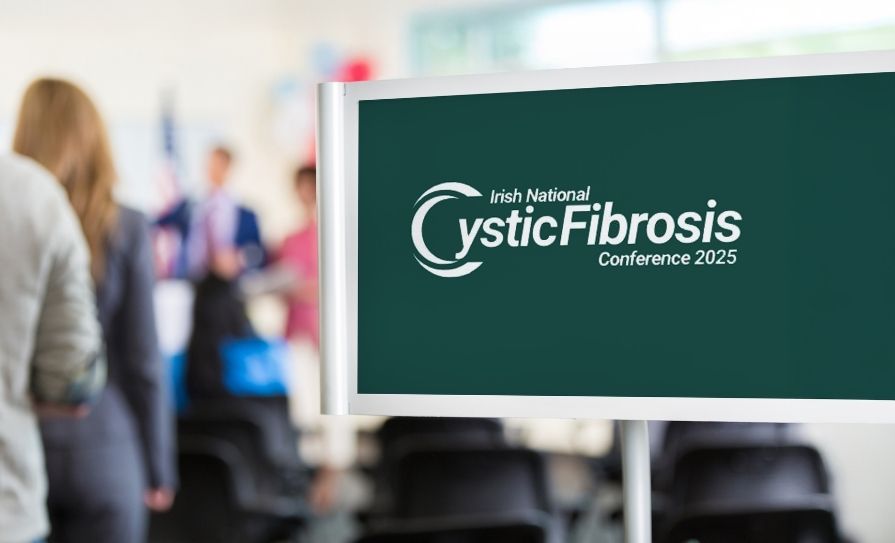
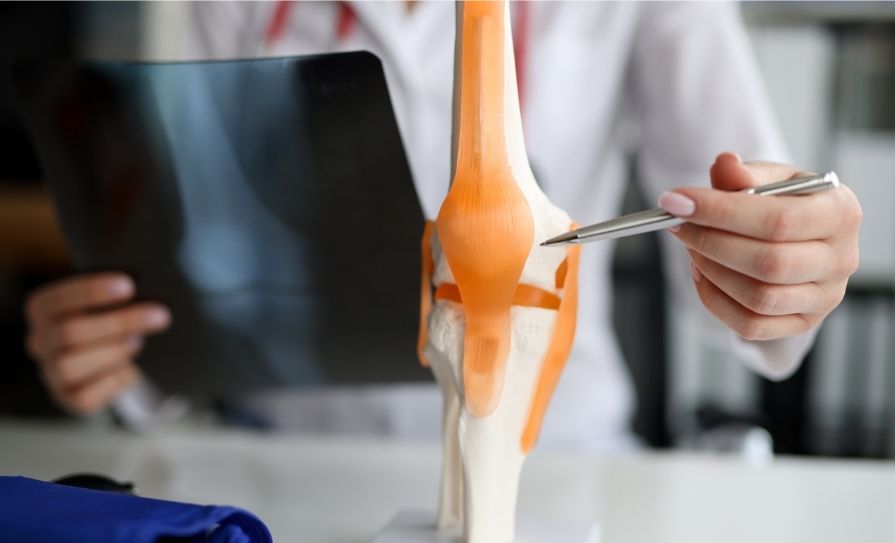
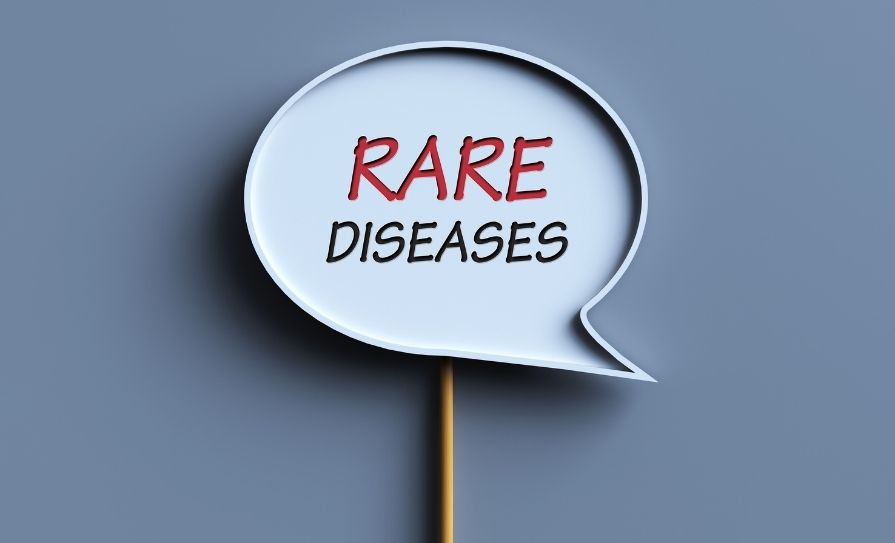

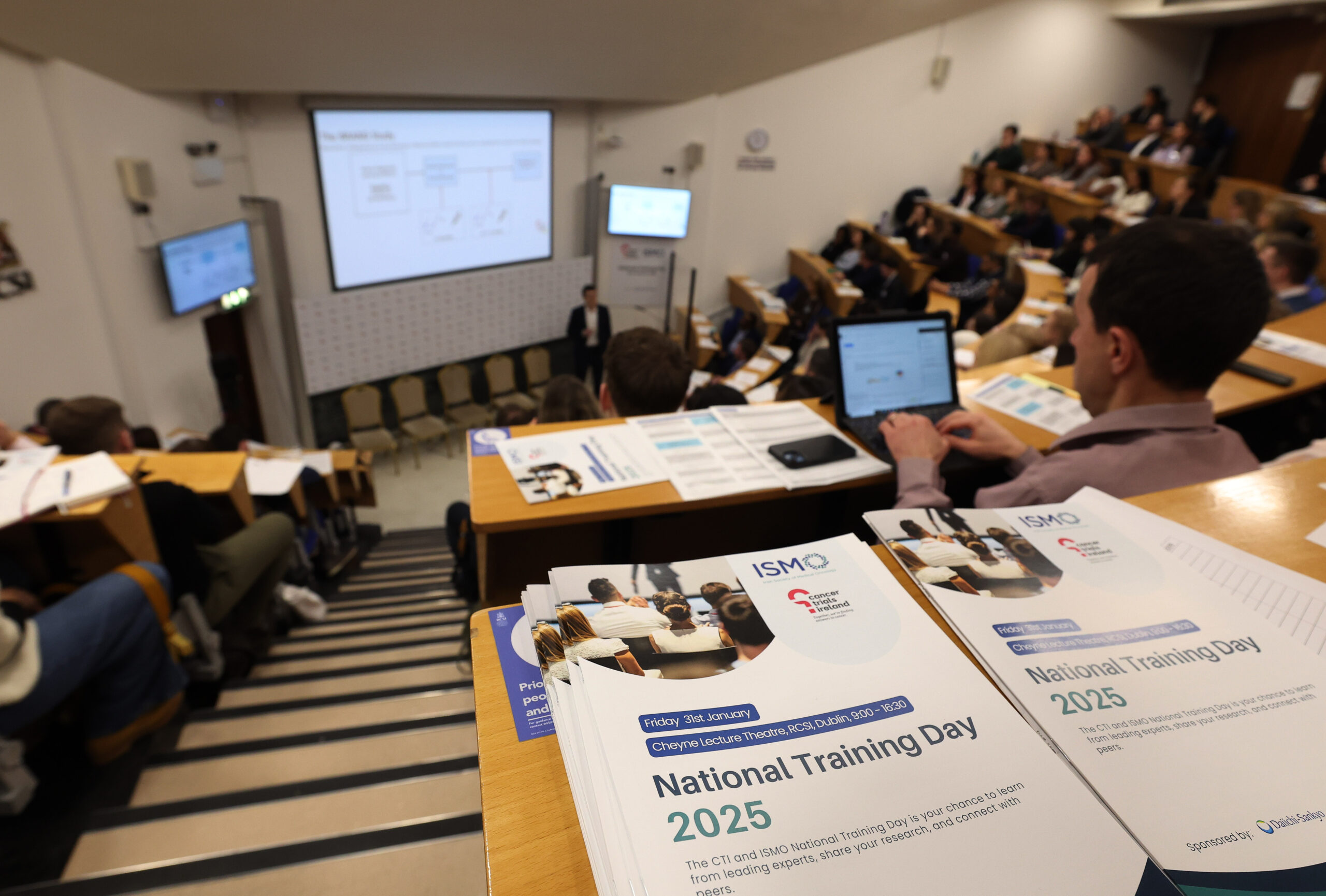

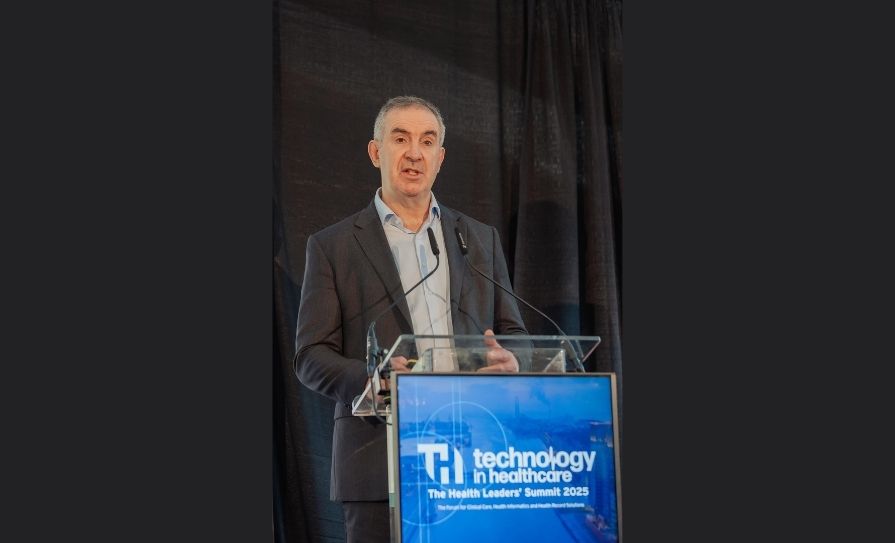





Leave a Reply
You must be logged in to post a comment.